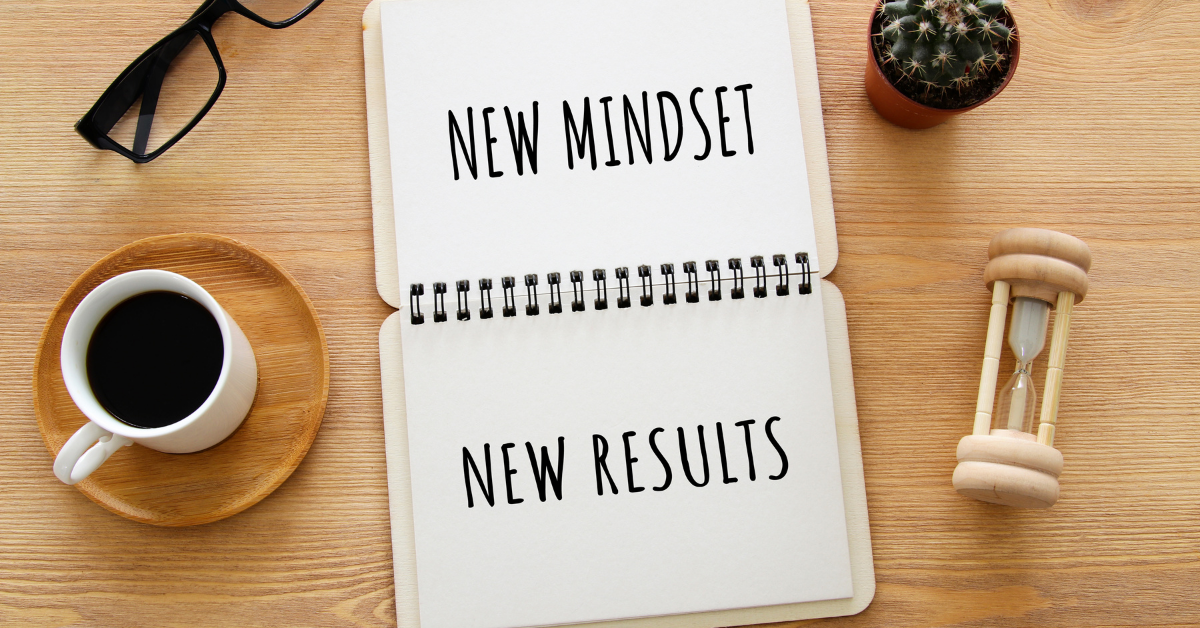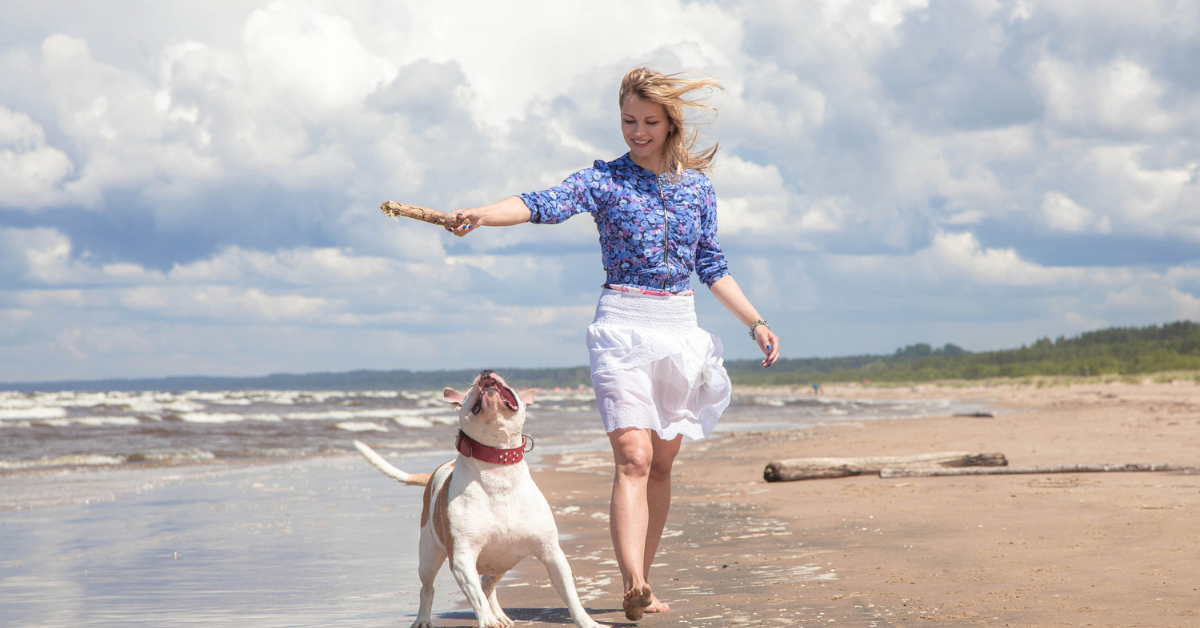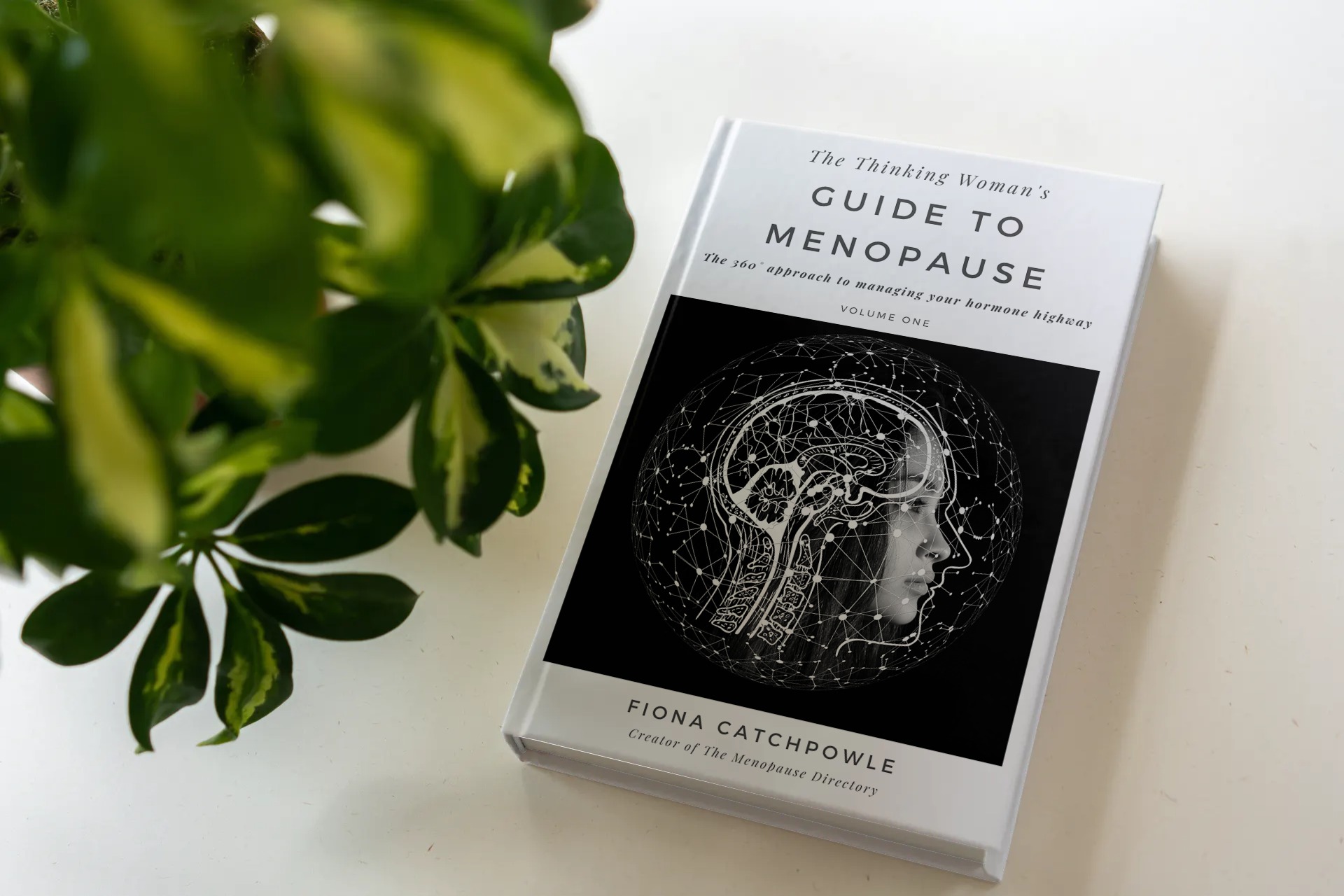MY MENOPAUSE DIARY
The Long term impact

Fiona Catchpowle
6 January 2021
The pause of your menses is not the key factor where menopause is concerned. It’s the impact of hormonal decline and ultimately a hormone deficiency that’s the big player. I don’t say this to be over dramatic. It’s a biological fact. It’s part of the aging process and probably one of the aspects of the whole menopause story that engulfs you mentally at one point or another.
As your body changes so do the rules. If you what new results you need a new mindset to go with it.
What isn’t made clear to us prior to reaching midlife, perimenopause and beyond, is that it’s our hormones that cause us to age and their decline brings with them the ailments and conditions associated with old age, it’s not simply age itself. The physical consequences are one thing, but I found my behaviour and mindset was being affected as well.
One of the early symptoms which commonly occurs is a feeling of anxiety. It extends to a befuddlement and weird sense of not being worthy – my own personal moment felt like this. Your own response to this symptom will have a knock-on effect into different areas of your life. Your ‘meno-anxiety’ may stop you going to see a friend, or change an appointment, or have no confidence to leave the house. How long your anxiety lasts will determine how much it affects you. If you do not approach the journey of menopause with an intuitive meno-mindset, you may well wonder what is happening to your mind and body on a daily basis.

Tune into you
Be proactive, not reactive.
Question – if you don’t know this out of character discombobulation is possibly perimenopause what kind of reaction are you likely to have to this unusual mental health challenge?
Answer – you will worry you are going mad, which leads to stress, which increases your cortisol levels – this is not good. It’s OK to have a bad day, but this type of response to a symptom can have a detrimental effect on many aspects of your life.
One of my major symptoms was aches & pains in my legs. They were so bad at one point it hurt to walk downstairs in a straight line. I had to go down sideways. Taking a lift or escalator was my preferred choice. Not wanting to go places because it hurt my knees was another consequence of the symptom. I started to engineer my life so I would not have to walk far – at 48!
That is not right and not healthy. But it didn’t seem as if the pain would pass, so I started to make changes to my life as a result, in order to minimise the pain. Not only because of one symptom. The flexible ensemble of five or so repetitive ones got me in the end. On hindsight I’d describe those changes as quite negative, but at the time I was simply accommodating my menopause the only way I knew how, rather than managing it.
“As your body changes so do the rules. If you what new results you need a new mindset to go with it.”
What I should have been doing is identifying what was triggering the fluctuations in hormones or my behaviour and making changes in the things I could influence, such as nutrition and mobility. Instead I waited for the pain and then made changes in my lifestyle. I allowed the symptom to create a consequence, such as –
∞ Not going too far from home in case the crushing fatigue appeared out of nowhere.
∞ Not mixing with people I didn’t know in case I had an emotional moment.
∞ Not wanting to leave home in case of … well anything really.
If I could find a way to duck out of ‘it’ I would. I’d convince myself I’d be better off at home. In reality all of these bizarre physical and mental moments were coming and going, but I only noticed once I started a food & mood diary. The variety of symptoms were not permanent, they came in waves.

Keep moving
as much as you can.
At one point in my repair process I was working with a personal trainer to help with muscle strength. He would greet me with a ‘Hi, how are you today’. More often than not it would be a, ‘I feel like crap, but I’m here’, or ‘I’m tired but I know I need to do this’. Sometimes it would be, ‘I’m OK’. And so it went on.
One day he pointed out that I had more ways of expressing how bad I felt rather than how good I felt. We both looked at each other and realised he had hit on something. I’d been keeping a food and movement diary and started to add my mood, on a scale of 1-5 each day. He also listed all the physical milestones I’d achieved in a short space in time and bingo! – Life wasn’t as bad as I was making out. As soon as I tuned back into my meno-mindset I was able to spot a new sign or symptom, make adjustments and put it in the right zone at the right time and move on. I no longer had the ‘woe is me’ attitude and the feeling I was old before my time.
I ticked the menopause box, took it on the chin and worked out what I needed to do. I identified my controllables and made sure I taught myself how to dial them up and down accordingly.
At times this is going to be a tough ride, for most but not all of you. However, it’s certainly possible to make the ride as smooth as possible with the right mindset. You may find in spite of all the strategies being in place, there can be times when things still hit the overwhelm button, but at least you now know what to expect.
“Even monkeys fall out of trees”
Want new articles before they get published?
Subscribe to our Awesome Newsletter.

